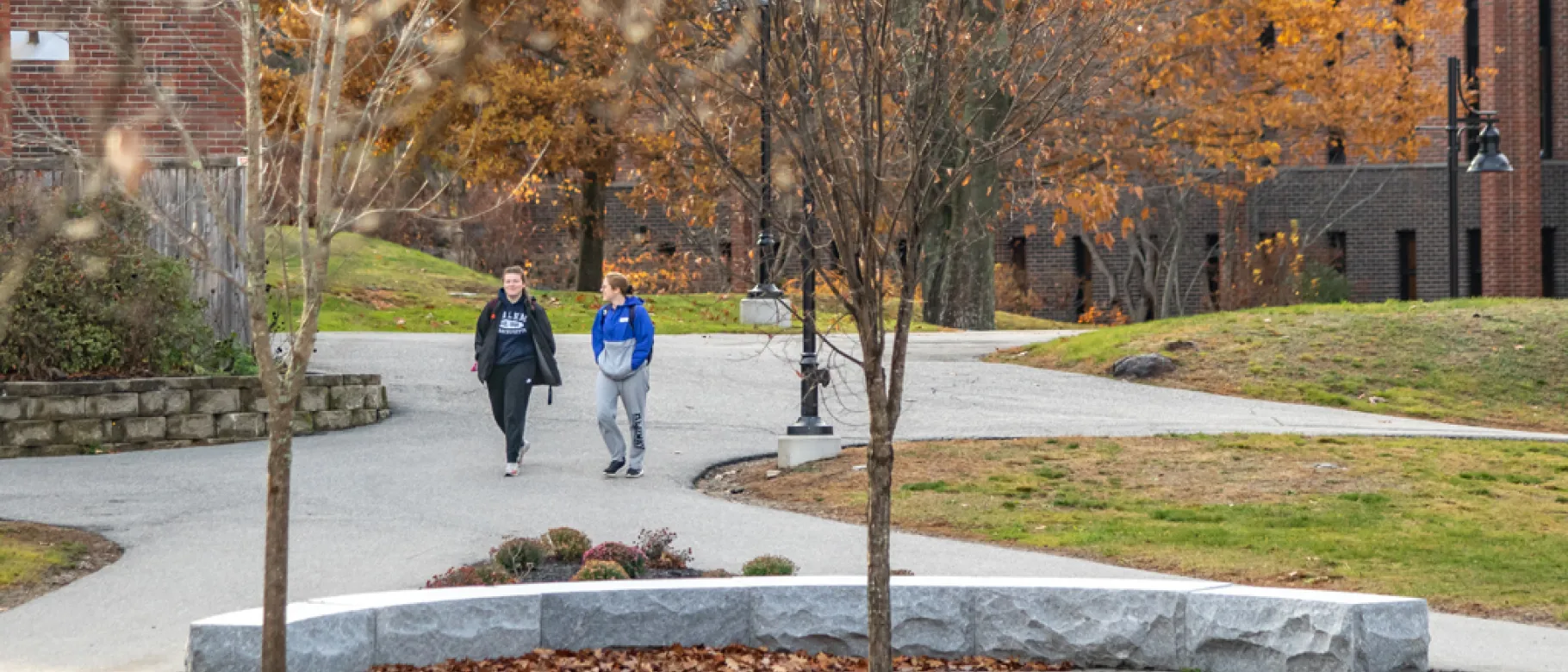Princeton Review recognizes UNE as one of nation's best colleges for 11th year

The University of New England has once again been named as one of the top universities in the country by The Princeton Review.
This distinction puts UNE in an elite class: just 15% of four-year colleges and universities (or 391) in the United States were named to The Princeton Review’s 2026 Best Colleges rankings.
This is the 11th year in a row that the educational services company included UNE among the selected higher education institutions for its book, “The Best 391 Colleges: the 2026 Edition.” Notably, the ranking is based on input from students and from information provided by school administrators. The ranking considers school rating scores in eight categories, including financial aid, admissions selectivity, and sustainable (“green”) initiatives.
In its 2026 report, The Princeton Review said UNE students praised faculty who are accessible outside the classroom and ample, hands-on research experiences and professional learning opportunities, such as “tagging birds to gather data, taking boats out to sample water, and … projects such as the Living Shoreline project, which is helping restore parts of UNE’s shoreline that have been eroded through climate change.”
Students also touted UNE’s marine and environmental programs, as well as its 363-acre research forest, and private research station on Ram Island — just a few minutes by boat from UNE’s oceanfront research dock — all of which inspires students to work toward finding solutions to help the planet amid a rising sea of global challenges.
The report also cited the opportunity for students in all disciplines to study abroad at UNE’s campus in Tangier, Morocco, and resources such as academic tutoring and free counseling services to support student wellness, academic progress, and career outcomes.
UNE President James Herbert said UNE’s continued inclusion in the guide serves as a testament to the real-world experiences students enjoy at UNE that serve to educate career-ready citizens from their first day on campus until they cross the graduation stage.
“This ranking underscores UNE’s commitment to bolstering the workforce through boundary-breaking educational pursuits,” Herbert said, pointing to UNE’s reputation for providing hands-on training through paid internships, applied research, entrepreneurship and design-thinking, and academic partnerships with industry organizations. “These purposeful opportunities equip students with the skills and experience to build strong careers and improve the overall wellbeing of the communities where they live after they graduate.
“We are thrilled that The Princeton Review has recognized these intentional efforts for each of the past 11 years,” he added.
Herbert also noted that The Princeton Review’s latest ranking reflects UNE’s ability to make strategic investments in academic programming and infrastructure despite the unprecedented challenges currently facing higher education.
Such recent investments include the Harold and Bibby Alfond Center for Health Sciences on the Portland Campus for the Health Sciences that opened in June; growth of UNE’s world-class research portfolio; expanded space and facilities for marine and environmental studies, innovation, and interdisciplinary learning across UNE’s Biddeford Campus; and the launch of seven new academic programs, including undergraduate majors in economics and supply chain management, and minors in public history and gerontology.
UNE was also recently accepted into the Babson Collaborative for Entrepreneurship Education, a global network connecting more than 40 member universities across 30 countries to share best practices in entrepreneurial teaching and research. And, in June, UNE was named a 2025-26 College of Distinction, placing it in an elite class of institutions recognized for a commitment to delivering an exceptional undergraduate college experience.